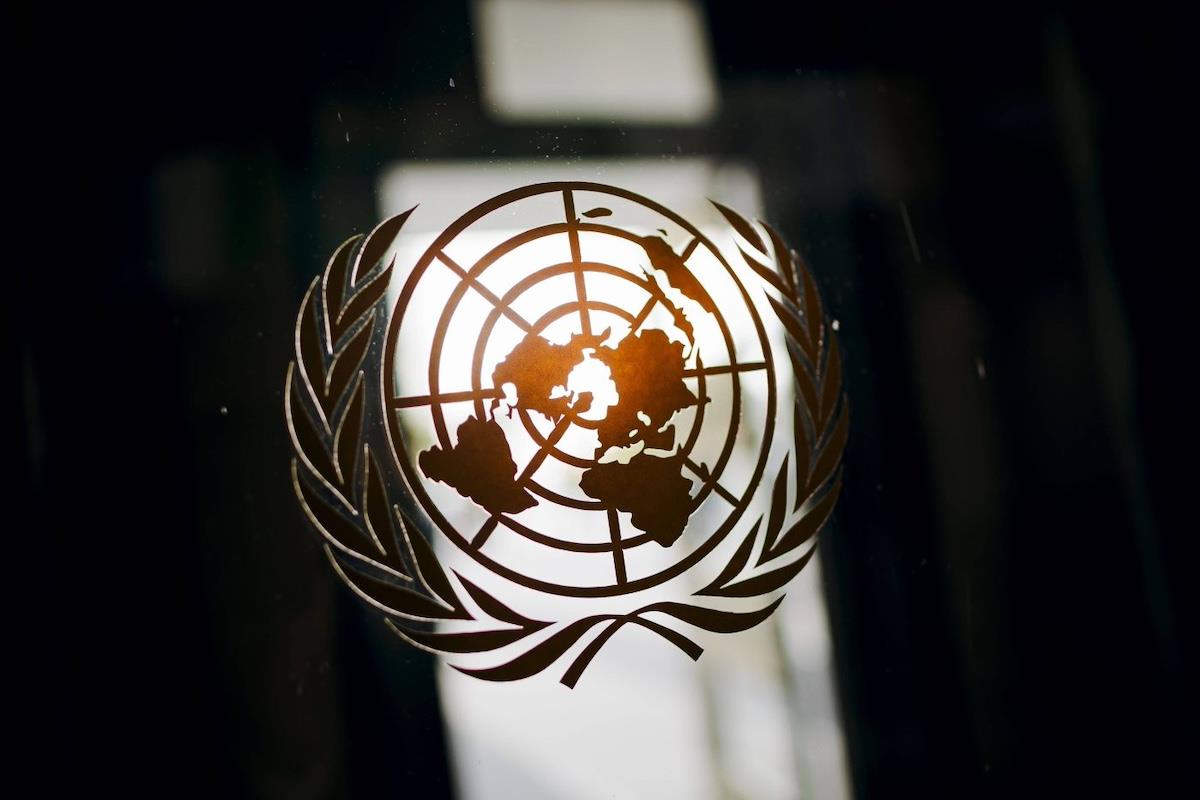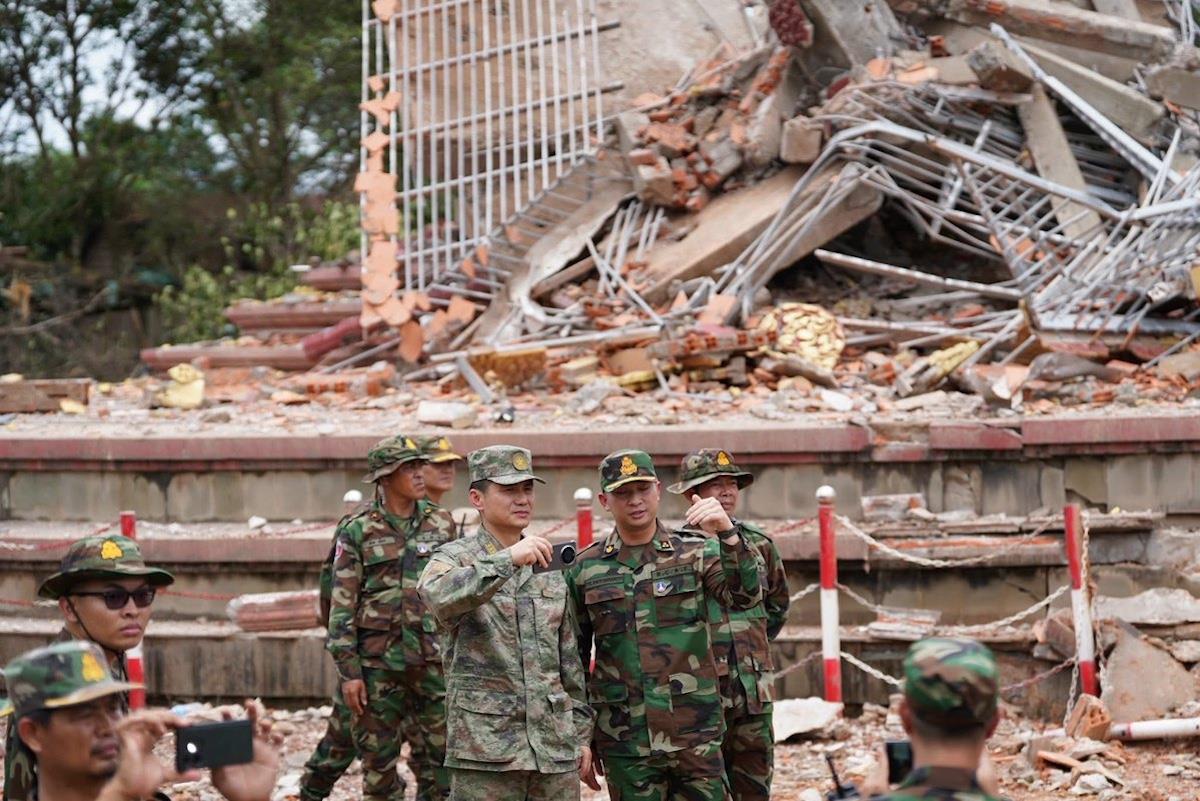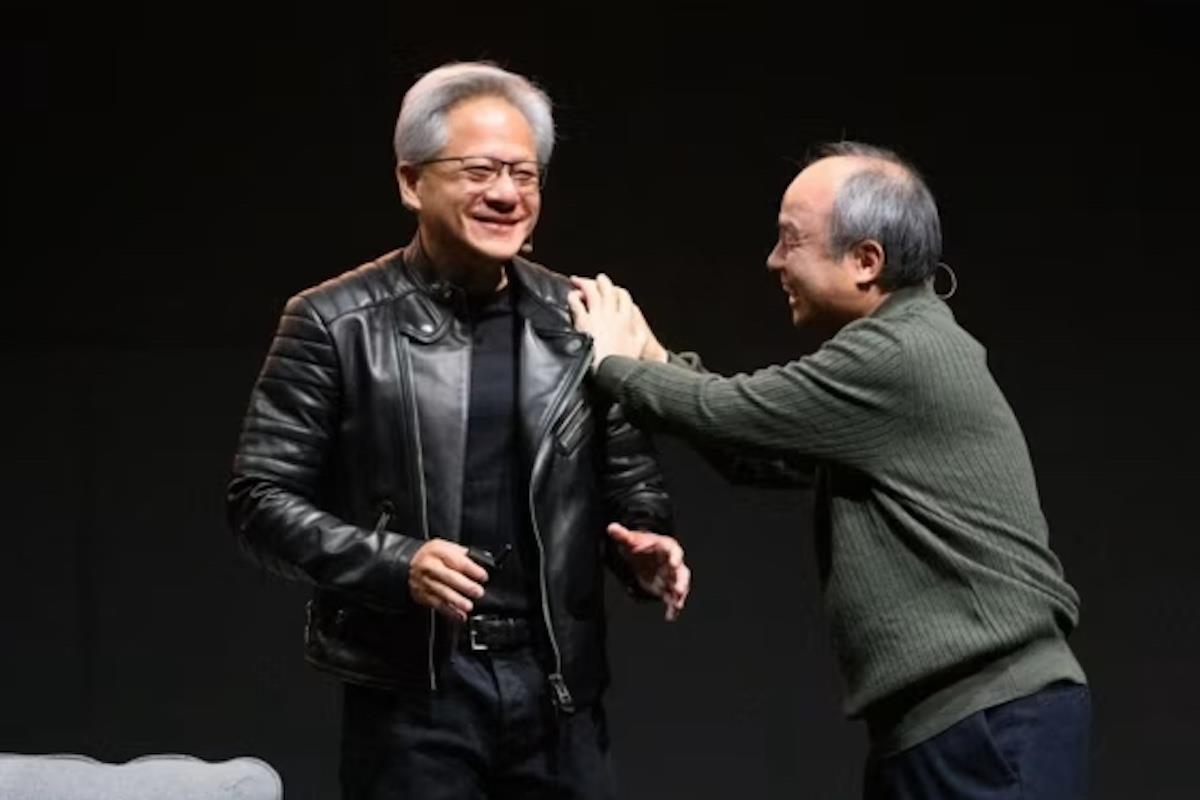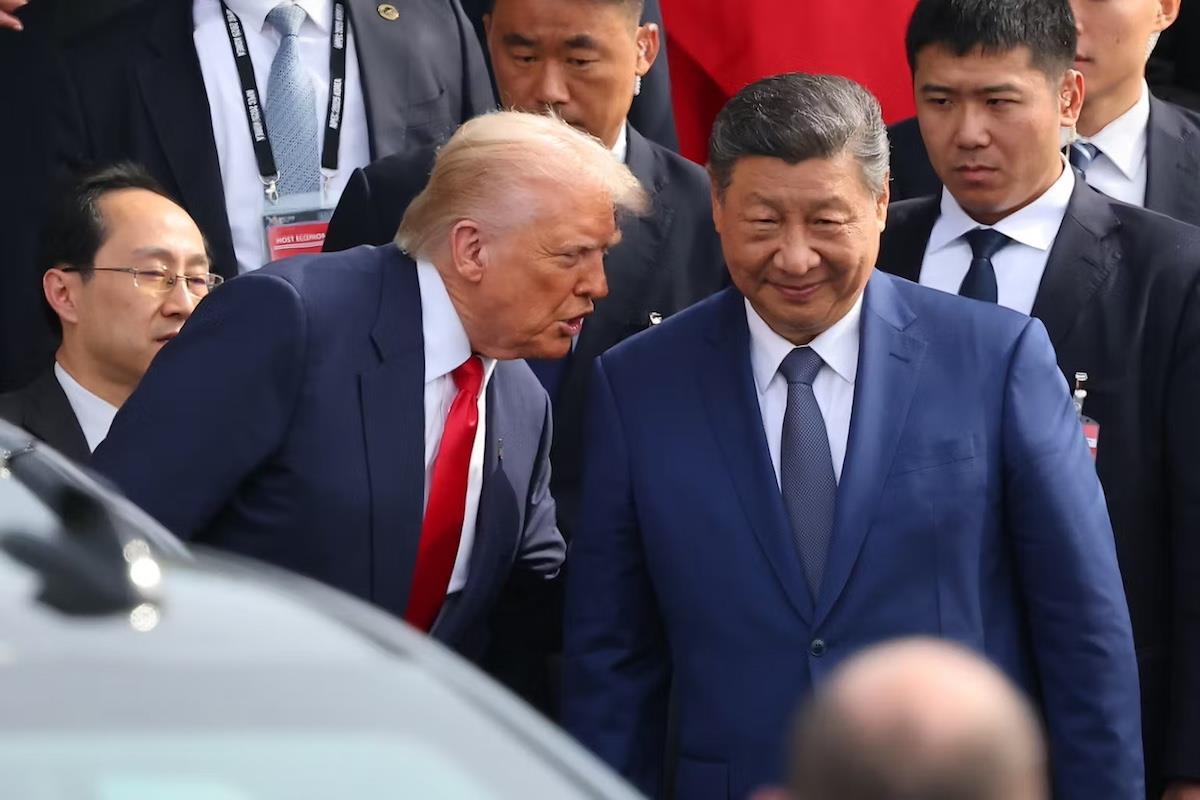
China's Moment: When Washington And Moscow Both Bow To Beijing
Decades ago, China was a country caught between the two poles of the US and the Soviet Union during the Cold War, forced to survive by playing a delicate balancing act. Today, times have changed. China now holds critical leverage over both Washington and Moscow, with the power to make each side take its cues from Beijing.
During the Soviet era, China looked up to its“Big Brother,” admiring and respecting the Soviet Union as the powerful leader of the socialist camp. Blocked by the United States and the West, China relied heavily on Soviet economic and military assistance, and Moscow wielded significant influence over Beijing's politic.
Even after the collapse of the Soviet Union, Russia, still regarded as the world's second-strongest military power, continued to wield considerable influence over China, particularly through Beijing's reliance on Russian arms imports to modernize its military.
However, as Russia's economy continues to deteriorate under long-term Western sanctions and its national power declines, especially since the outbreak of the war in Ukraine, the country has suffered an unprecedented blow to both its economy and military. As a result, Russia has become increasingly dependent on China to keep its system running.
China has since become an indispensable partner, serving as Russia's largest trading counterpart for both imports and exports. In 2024, bilateral trade hit a record high of US$237 billion, with China now a crucial buyer of Russian oil and gas. Moreover, China's supply of dual-use goods has become a vital lifeline for Russia's defense industry amid the ongoing conflict in Ukraine.
With the West stepping up military aid to Kyiv and tightening sanctions on Moscow, a Russia unwilling to relinquish its claims over Ukrainian territory has been left with no choice but to lean ever more heavily on Beijing.
Latest stories
UN's universalism obsolete in a multipolar world

Thai-Cambodia ceasefire collapse shows limits of Trump peacemaking

Softbank's Nvidia dump signals return of 'The Big Short'
This shifting power dynamic was on full display during China's military parade in September, where Vladimir Putin, long seen as a political strongman, stood beside Xi Jinping with a deferential demeanor, appearing almost like a subordinate to the Chinese leader.
From unilateral enforcer to reluctant negotiatorIt's well known that a major reason behind the establishment of US–China diplomatic relations was Beijing's desire to rely on Washington to counterbalance its once-ally, the Soviet Union, which had grown increasingly hostile and threatening.
After the Soviet Union collapsed, the United States emerged as the world's sole superpower, and its influence on China became undeniable. China's reform and opening were, in many ways, built on its engagement with the US, which helped it integrate into the global economy.
For years, Washington has imposed a range of sanctions on China, citing issues such as human rights, Hong Kong, and national security, through measures like trade restrictions, export controls, and military embargoes. In response, Beijing has largely confined itself to diplomatic protests and limited visa bans on certain US officials, measures that are largely symbolic and have inflicted little real damage on Washington.
In short, America has long been the unilateral enforcer of sanctions, while China has been the unilateral recipient. During Donald Trump's second term, Washington launched a new round of trade warfare against China. But this time, Beijing broke from its past role as a passive recipient of sanctions.
Leveraging its dominant position in global supply chains, especially in critical rare earth materials and its influence over key exports like soybeans, on which the US heavily depends, China struck back with a series of targeted measures. These counteractions dealt real damage to the US economy, forcing Washington back to the negotiating table.
The shift in power dynamics became even more evident during the renewed trade turbulence in October. Despite both sides reaching a truce over the summer after multiple rounds of talks, tensions flared up again in the fall. At the end of September, the Trump administration expanded export control measures -extending the Entity List and Military End User (MEU) restrictions to non-US entities that are 50% or more owned, directly or indirectly, by listed parties-and imposed new port fees on Chinese vessels.
Beijing responded swiftly and decisively. In addition to mirroring the port fees on US ships, China introduced new export controls with extraterritorial reach on rare earth materials, catching Washington off guard and leaving the White House visibly frustrated.
Yet, faced with China's overwhelming dominance in the rare earth supply chain, the US had little choice but to step back and seek de-escalation. Before long, both sides again returned to the negotiating table in Malaysia, announcing another temporary ceasefire in their trade war.
Although the Xi–Trump summit on October 30 appeared to bring greater stability to the latest US–China trade truce, it also revealed a critical truth: In this ongoing contest, Beijing holds a powerful card in its leverage over rare earths.
Washington's eagerness to re-engage with Beijing over this issue underscores how the US is no longer the dominant player capable of imposing unilateral sanctions, but rather a reactive negotiator constrained by China's control over essential resources.
While the United States has reached agreements with Australia and Japan to jointly strengthen control over the rare earth supply chain, achieving that goal will take years. China, for its part, has no intention of passively watching its“rare earth advantage” erode.

Sign up for one of our free newsletters
-
The Daily Report
Start your day right with Asia Times' top stories
AT Weekly Report
A weekly roundup of Asia Times' most-read stories
Instead, Beijing is expected to make full use of this strategic window to maximize its national interests through its monopoly on these critical materials.
As economic and security frictions between the two powers continue to intensify, one can expect China to repeatedly play the rare earth card whenever Washington attempts to exert pressure, forcing the US back to the negotiating table as the less powerful side.
On top of the worldJust as Vladimir Putin walked beside Xi Jinping with a deferential air during China's military parade on September 3, and as Donald Trump warmly welcomed Xi at their October 30 summit and saw him off with unusual courtesy afterward, China today stands at a height of international influence it has never known before.
Once a nation struggling to survive between the competing power of the US and the Soviet Union, China has now reached a point where both of those former pillars of global power - Washington and Moscow - find themselves constrained by Beijing's power and influence.
Whether this situation can be broken depends in part on Moscow's willingness to continue the war in Ukraine, and on how quickly Washington and its allies can reduce their dependence on China in critical supply chains.
Linggong Kong is a PhD candidate in political science at Auburn University, where his research focuses on international relations, China's grand strategy and Northeast Asian security. His commentaries have been published or republished in The Conversation, The Diplomat, Asia Times, China Factor and Newsweek Japan, among others.
Sign up here to comment on Asia Times stories Or Sign in to an existing accounThank you for registering!
An account was already registered with this email. Please check your inbox for an authentication link.
-
Click to share on X (Opens in new window)
Click to share on LinkedIn (Opens in new window)
LinkedI
Click to share on Facebook (Opens in new window)
Faceboo
Click to share on WhatsApp (Opens in new window)
WhatsAp
Click to share on Reddit (Opens in new window)
Reddi
Click to email a link to a friend (Opens in new window)
Emai
Click to print (Opens in new window)
Prin

Legal Disclaimer:
MENAFN provides the
information “as is” without warranty of any kind. We do not accept
any responsibility or liability for the accuracy, content, images,
videos, licenses, completeness, legality, or reliability of the information
contained in this article. If you have any complaints or copyright
issues related to this article, kindly contact the provider above.

















Comments
No comment